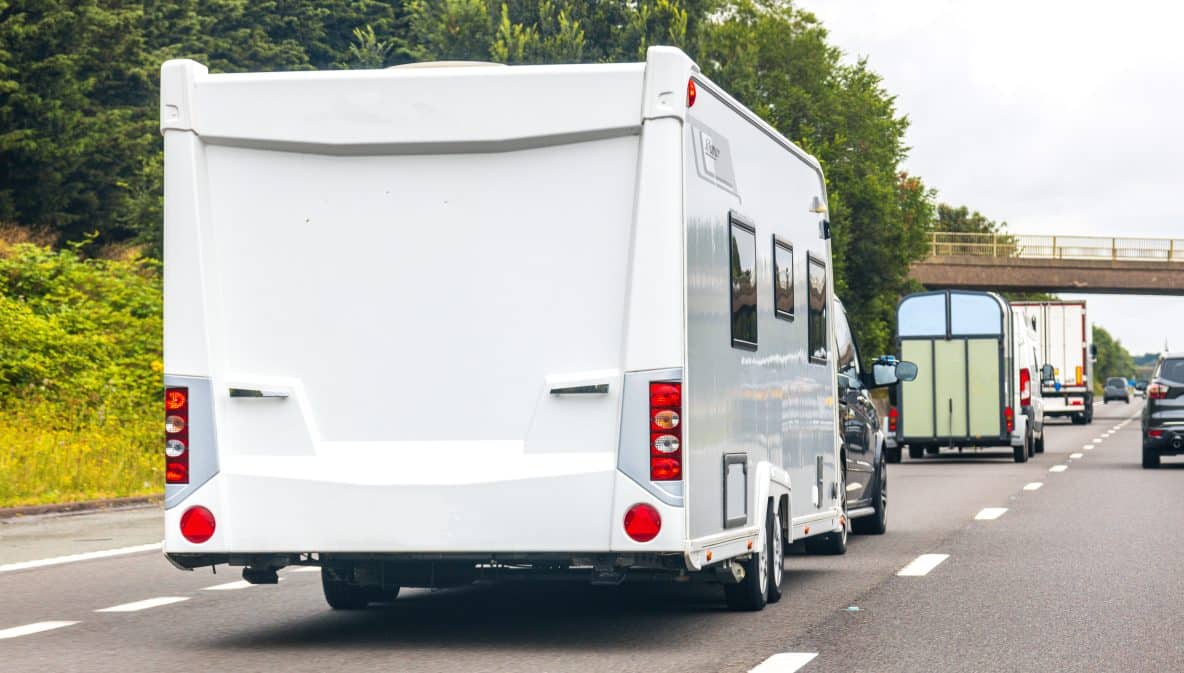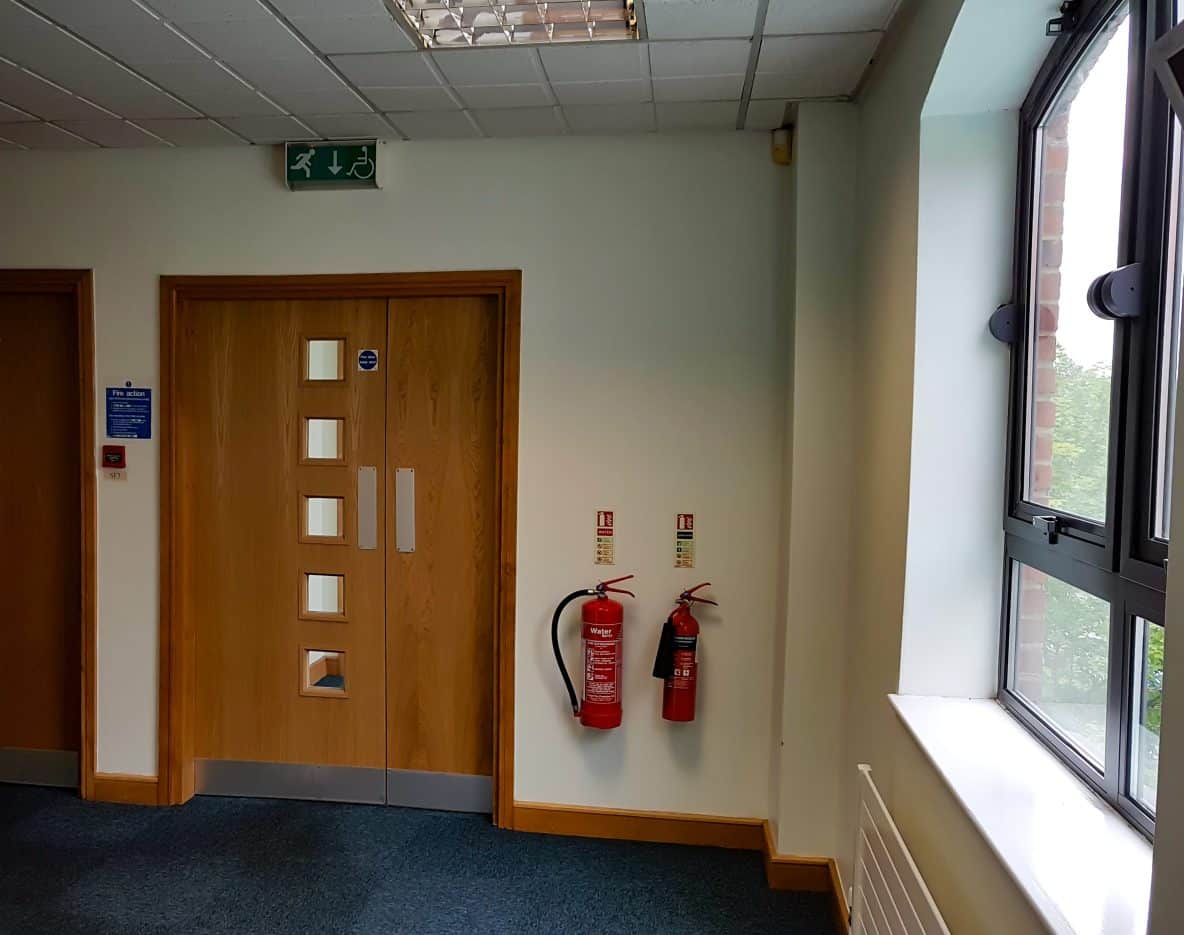Provisional figures recently released by the HSE show that 123 workers died as a result of work-related accidents in the year to March 2022. This compares to 145 workers killed in the same period the previous year and represents a rate of 0.38 fatal injuries per 100,000 workers also down from a level of 0.45 fatal injuries per 100,000 the … Read More
EXTREME HEAT: RIGHTS AT WORK
Employers must make sure indoor workplace temperatures are reasonable No “maximum temperature” for workplaces in Great Britain Workers must take care to keep cool HSE shares guidance Employers must make sure indoor workplaces remain at a reasonable temperature and manage the risk of working outdoors in hot environments, according to the Health and Safety Executive (HSE). The workplace regulator is … Read More
Claims inflation and mitigating costs to your business
The rising cost of claims is due to a number of factors. These include Brexit, fuel shortages, the increased cost of energy, the continued impact of workforce absences due to COVID-19, vehicle technology and environmental and legislative issues. More recently, Russia’s invasion of Ukraine is impacting the global financial market. Specifically, claims within the automotive sector are being affected by delays … Read More
ROAD SAFETY WEEK 2022
Road safety week is an annual road safety event organised by the road safety charity Brake. Brake has now announced that this year’s event will run from 14th to 20th November and will be themed around the concept of “Safe Roads For All”. The campaign will aim to raise awareness of key areas of road safety, including safe vehicles and … Read More
KEEPING SAFE IN THE SUN AND HEAT
The great British summer is fast approaching and temperatures are set to rise, while this may be good news for those looking forward to relaxing in the shade with a cool drink, it can cause problems for those busy at work. Working outdoors during the summer months can be harmful to your skin and long-term health. Ultraviolet (UV) rays from … Read More
HSE LAUNCH THEIR STRATEGY FOR THE NEXT TEN YEARS
The Health and Safety Executive (HSE) recently published their strategy for the next 10 years setting out their mission, vision, values, strategic objectives and themes. Bearing in mind the fundamental purpose of the HSE the strategy is largely what you would expect from such an organisation and includes commitments to: “Maintain Great Britain’s record as one of the safest countries … Read More
UPDATED GUIDANCE FOR NEW AND EXPECTANT MOTHERS AT WORK
The HSE recently announced a change to their guidance for employers who are notified by a worker that they are either pregnant, have given birth in the last 6 months or that they are currently breastfeeding. All employers have legal duties to put in place arrangements to control risk to the health and safety of their employees and others who … Read More
TRAILER SAFETY ACCREDITATION SCHEME
The Driver and Vehicle Standards Agency (DVSA) has launched a new trailer safety accreditation scheme. Under the scheme, DVSA are recognising expert organisations who will approve individual trainers to provide courses following learning to drive a car and trailer syllabus developed by DVSA and industry experts. It is understood that a variety of courses will be available covering large and … Read More
NEW GUIDANCE FOR PASSIVE FIRE PROTECTION
Passive fire protection is those parts of a building or structure that slow the spread of fire or smoke such as fire-resistant glazing, firewalls and doors. As building technology develops so too does the range of materials and systems that can be used. The Association for Specialist Fire Protection (ASFP) have recently published three new guidance documents concerning the following … Read More
DRUG DRIVERS TO BE REQUIRED TO COMPLETE REHABILITATION COURSES
In a recent statement the Department for Transport launched a call for evidence on proposals to require drivers convicted of drug driving to complete a rehabilitation course before being allowed back behind the wheel. Traditionally it has been illegal to drive a motor vehicle in a public place while unfit through drink or drugs. Specific limits have been in place … Read More









